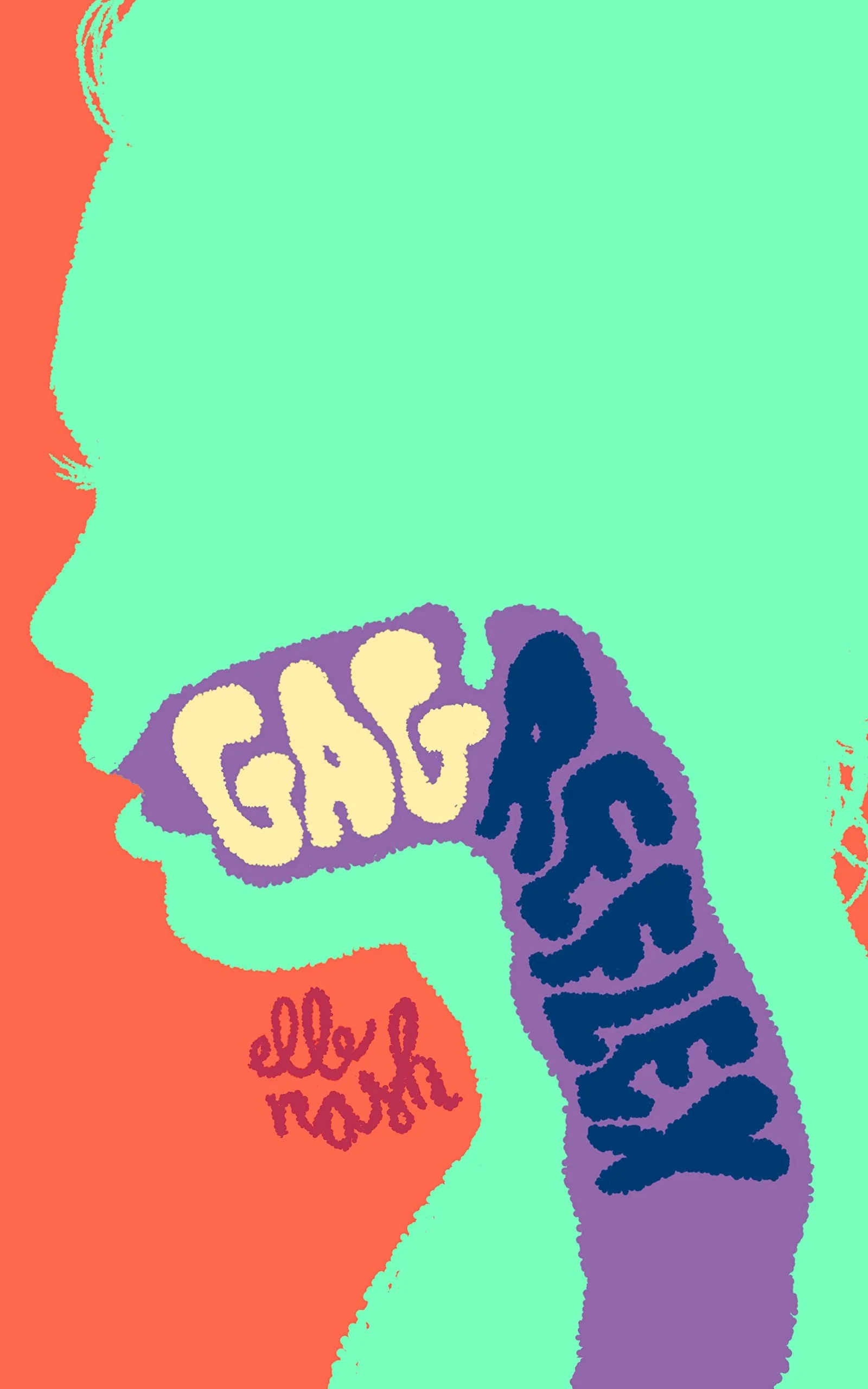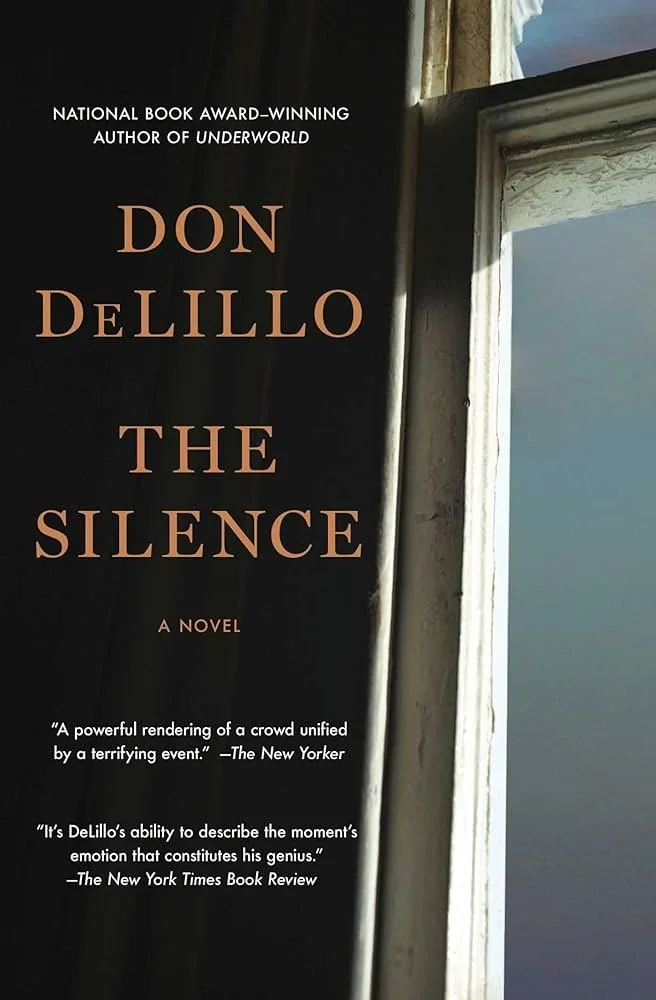Book Review : Fernanda Melchor - Paradais (2021)
To a certain extent, it’s the proper of teenagers to behave like morally bankrupt adults. Even if they’re raised with all the love and structure in the world, you have to be terrible before you can be good. If you skip that step, you end up as one of those adults who wears ironic t-shirts unironically and thinks microdosing makes them interesting. Fernanda Melchor’s novel Paradais features two of the worse cases of being a teenager you’ve ever seen, but that’s what’s compelling and frightening about this novel.
The kids aren't alright by any means, but they’re relatable.
Paradais tells the story of Franco and Polo, two teenagers who are not merely making poor decisions. They’re weaponizing their own self-loathing in a way that feels both horrifying and disturbingly familiar. Franco is the son of an important lawyer, but he’s overweight and neglected and Polo works over there as a landscaper as he’s caught in a seemingly desperate family situation and is being guilted into providing by his mother.
Together, they form a kind of idiot-savant symbiosis of pain and bad intentions. They drink. They sulk. They fixate on a woman who represents something they’ll never have (dignity, sex, an air-conditioned room with matching towels).
It’s not what you are, it’s what you’re not
Franco and Polo are the furthest thing there is from good kids, but it doesn’t mean they’re not tragic figures. Fernanda Melchor takes great caution not to make them sound like victims by filtering her narration through Polo’s angry and apathetic point of view, but something emerges from the two teenagers’ predicament anyway: one’s life has been dictated by the lack of emotional nurturing and the other was the product of economic insecurities. They’d been handed a raw deal and they’re reacting poorly.
They’re not heroic, they’re average down-on-their-luck kids.
What makes Melchor’s prose work is that she never spells it out loud and the kids are never straightforwardly sorry for themselves. Franco’s weakness is illustrated through his neglected appearance and forceful fantasies and Polo’s, who’s a little more tricky, can be seen through his anger towards his mother and anxiety towards his (lack of a) future. The two boys are setup against impossible odds in their own way and instead of taking on the challenge, they collapse and become something ever parent fears.
I thought Paradais would be a Ballardian trip before I started it, but It’s more of a Requiem for a Dream type of deal without the musical cues to indicate where you should feel bad. It's not stylized suffering. It’s just suffering. It tells the story of a long and painful tailspin that precedes an extremely violent event. When you think it’s finally over, it gets worse. Not exactly feel good literature, but it does make a painfully obvious point: rage and entitlement are the male reaction to a dynamic of lack.
Franco and Polo are lacking fundamental validation, so they take it.
A Wall of Sound of Text
From a technical point of view, Paradais is delivered in one, almost uninterrupted 112 pages paragraph with anger issues. There’s no break, no air, no commercial interruption to take it all in. In a way, it’s even worse than claustrophobic. It’s internal. It’s overwhelming and unrelenting because every detail kind of matter in such a short and powerful story. There’s a lot of meat to this bull.
It’s somewhat of a tour de force to pack such a dense and multipronged problem inside such few pages and filtering it through individual experiences and I don’t think it could’ve been done in any other way given the short span of Paradais. It’s a novel that feels alive where every moment in pregnant with a toxic history and where seemingly banal background information can change your life forever. What I’m trying to say here is that it’s both extremely demanding and rewarding at the same time.
*
Paradais is well worth reading. The only real criticism I could leverage against it (aside that it reads like a shovel to the face) is that it’s a little bit of a misery fest. There’s no light or redemption to be found, but it’s alright because Fernanda Melchor isn’t scolding you about it. She merely points out that extreme violence against women exists and provides you with non manichean context. Nobody wins. Nobody gets better. If that doesn’t feel real to you, I don’t know what will.
7.7/10
* Follow me on Instagram and Bluesky to keep up with new posts *






